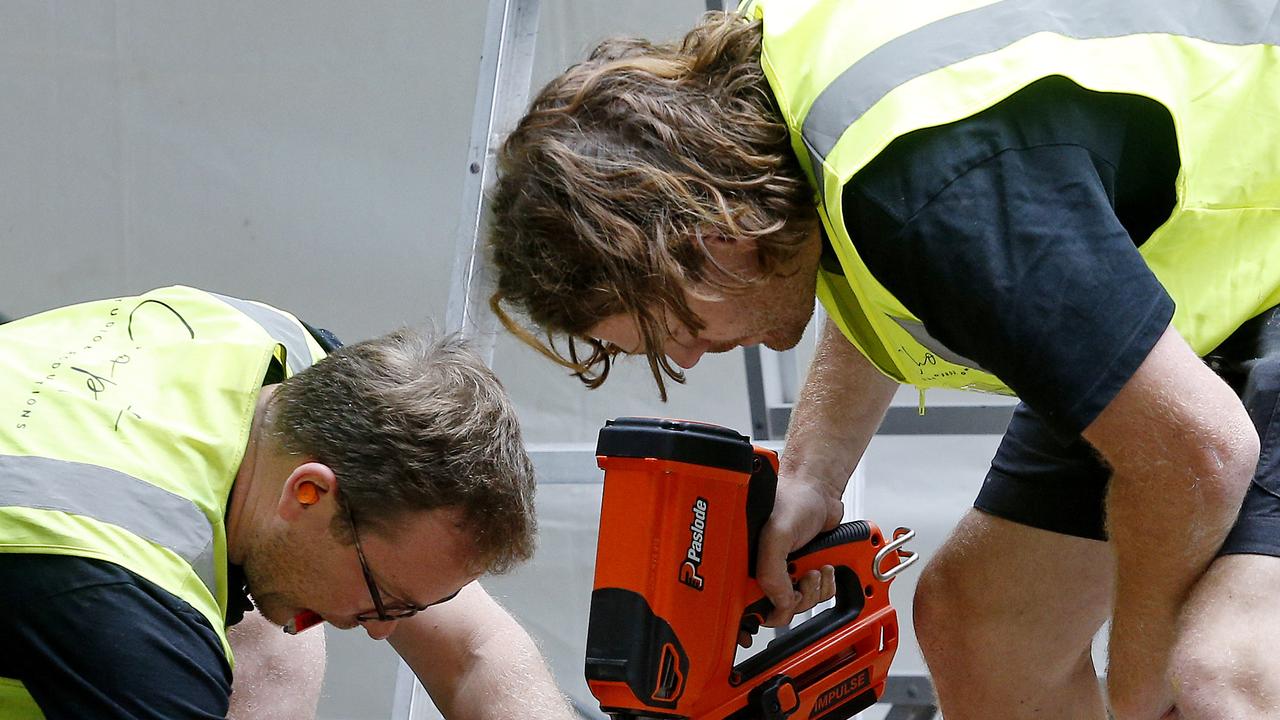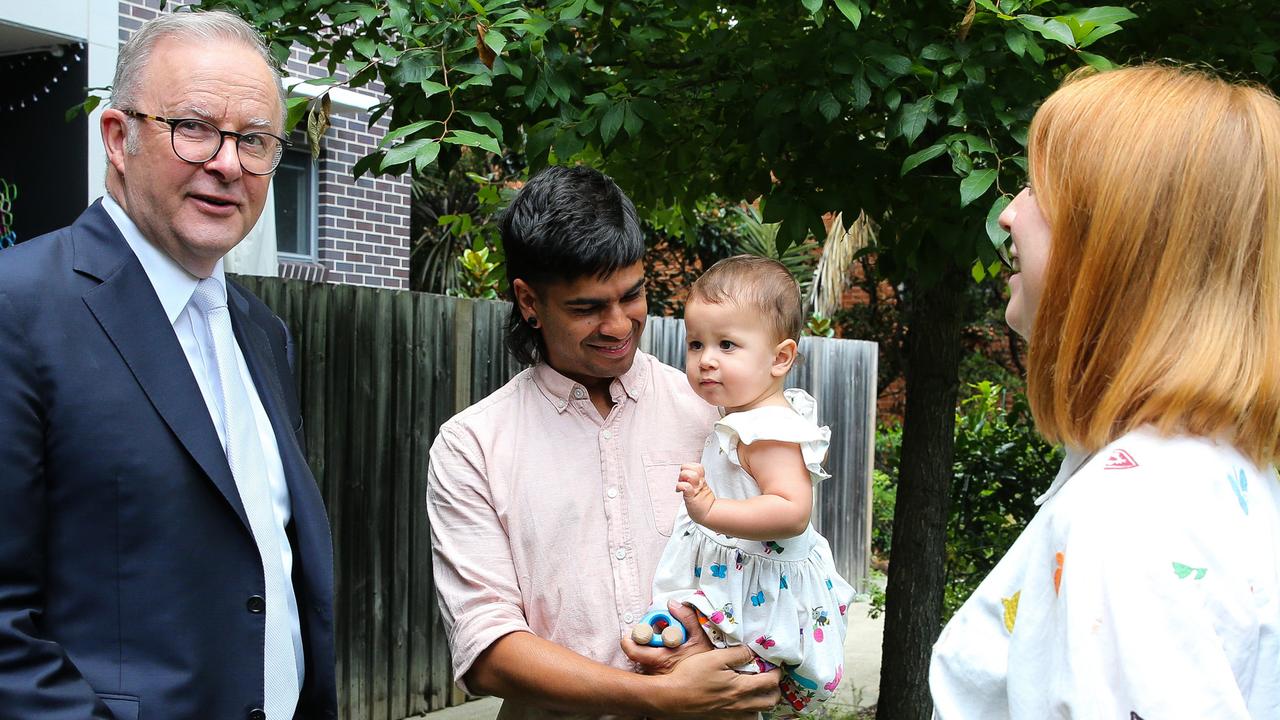‘Massive shift’: The Australians who will decide the 2025 federal election
There is a change in the upcoming federal election that Baby Boomers won’t be happy about, and Anthony Albanese’s latest move has cemented it.
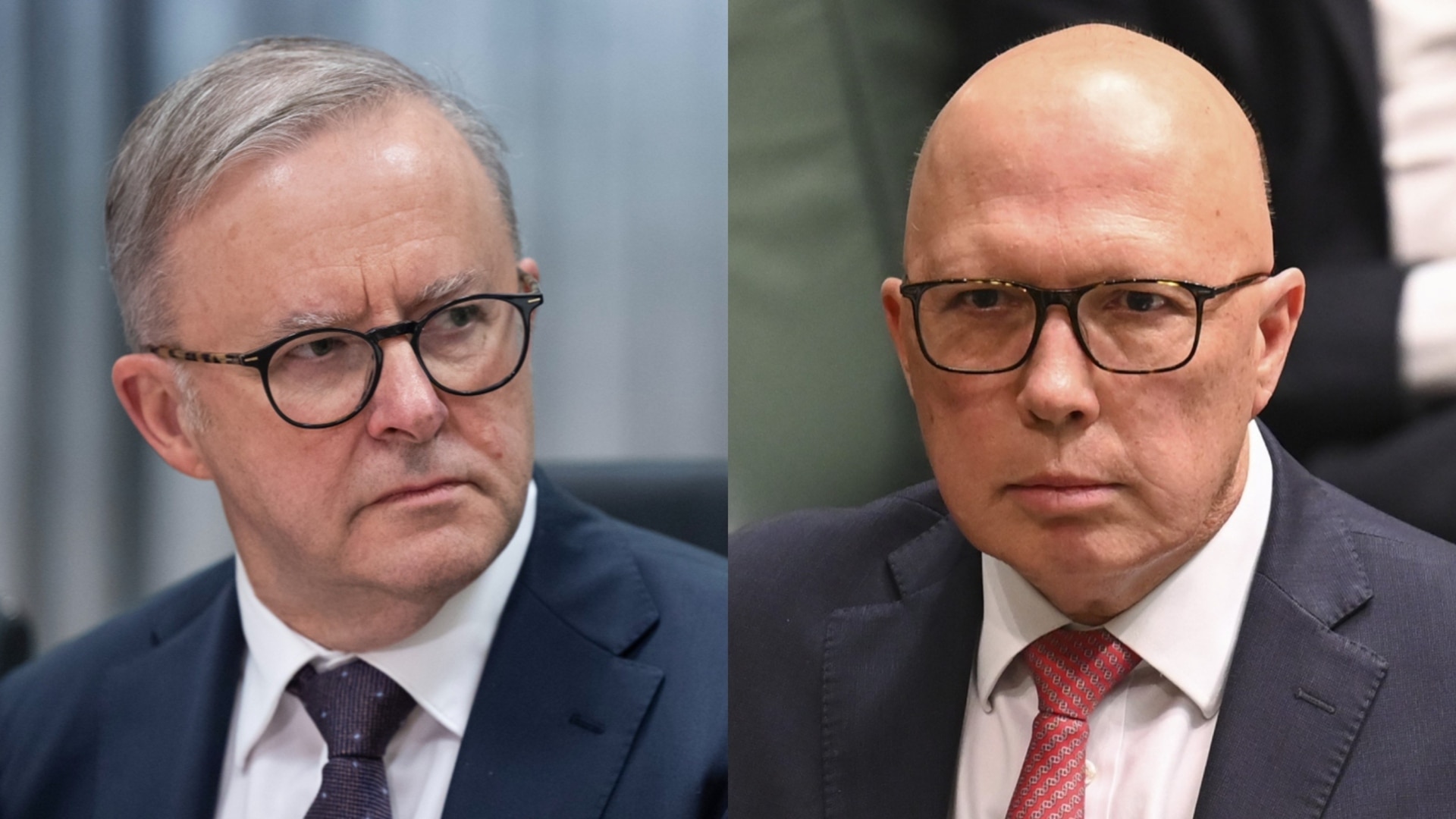
Leaders
Don't miss out on the headlines from Leaders. Followed categories will be added to My News.
There is a major difference between the upcoming federal election and the one held in 2022 - and it’s one that could force both sides of the political aisle to change their tactics or risk falling short at the ballot box.
Australians still don’t know when they will be heading to the polls, with the only certainty being that it needs to be held either on or before May 17, 2025.
April 12, May 3 or May 10 have been hinted as possible dates being considered by Prime Minister Anthony Albanese.
One thing is for sure though, there is a detail in this year’s election that will undoubtedly impact its outcome.
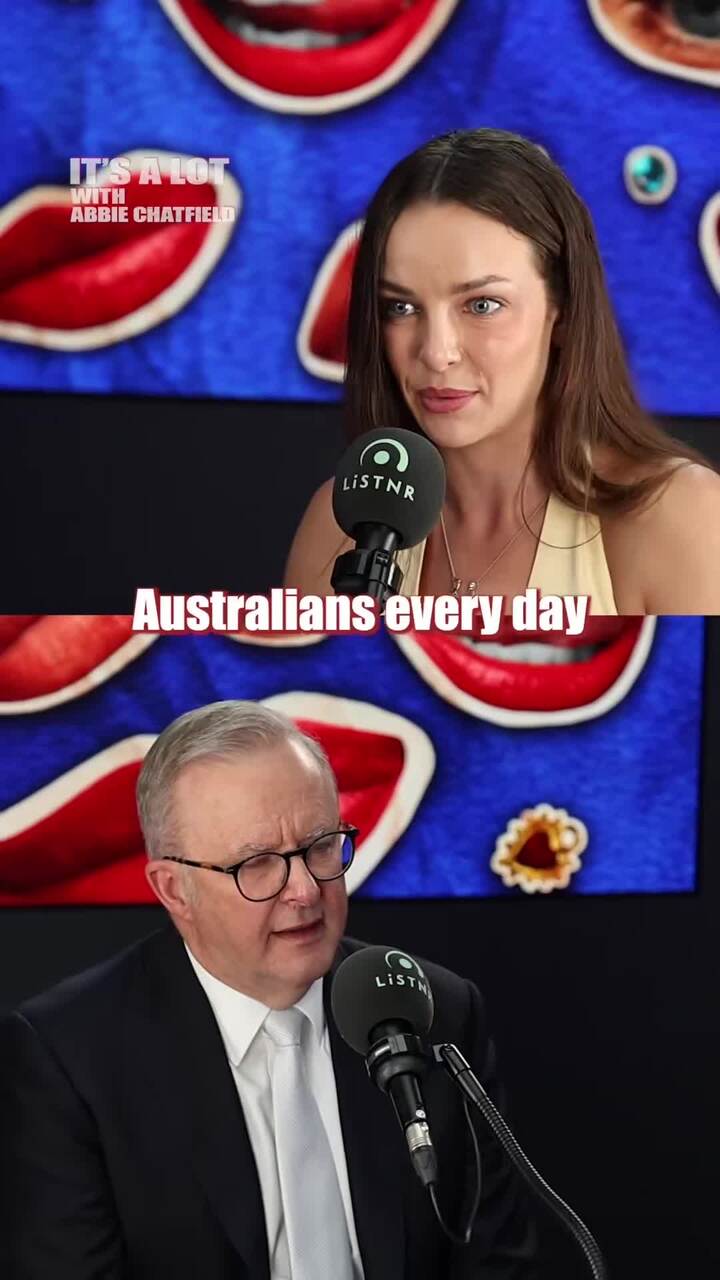
For the first time, Gen Z and Millennials will outnumber Baby Boomers, with the former group representing close to 50 per cent of voters and the latter about 33 per cent.
This change is far from insignificant and, according to Dr Intifar Chowdhury, lecturer in Government at Flinders University, it is one that “massively shifts the centre of gravity of Australian politics”.
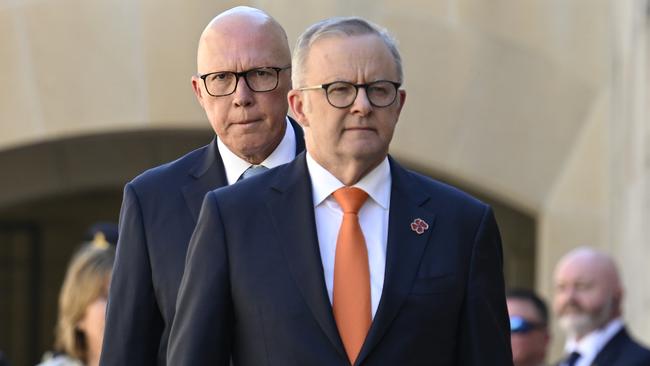
Speaking to news.com.au, Dr Chowdhury said the issues younger generations care about that may not be top of mind for older voters will “definitely” shape and impact the upcoming election.
“Another important thing to note is that, although young people do have a progressive leaning, they do not necessarily neatly align with either of the major parties,” she said.
“Younger people are more volatile voters compared to older people and this means that the way they vote might be quite sensitive to the election campaign.”
There are already signs that both Anthony Albanese and Peter Dutton are trying to tap into that younger market by appearing on popular podcasts.
This is a tactic we saw used throughout the US election campaign last year, with Donald Trump appearing on The Joe Rogan Experience and Kamala Harris speaking with Alex Cooper on the Call Her Daddy podcast.
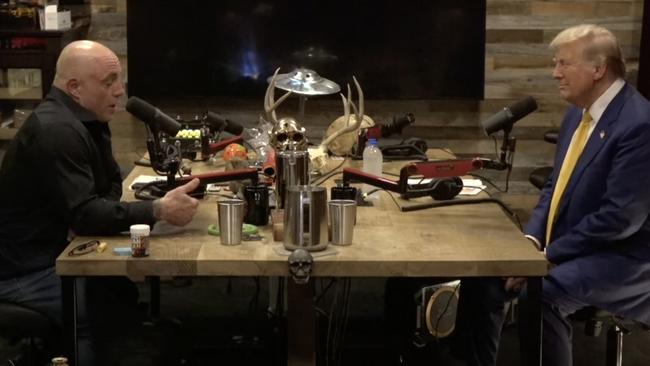
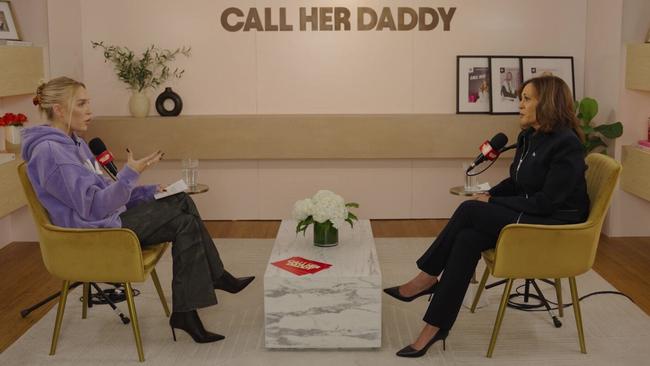
On Friday, Australian media personality Abbie Chatfield revealed Mr Albanese had sat down with her for a long-form chat on her It’s A Lot podcast.
The cost of living, the Coalition’s nuclear energy plan, Medicare, women’s health policies and the HECS debt system were just some of the topics covered in the interview.
Throughout the interview Mr Albanese also levelled a series of criticisms at Mr Dutton, from labelling his nuclear plan a “fantasy”, noting he was voted by doctors as “the worst health minister since federation”, and hitting out at his “hard man” persona.
“His whole history of his engagement in politics has been essentially attacking people who are more vulnerable. It’s not tough to attack people who aren’t in a position to fight back. That’s weak from my perspective,” Mr Albanese said.
Similarly, last month Mr Dutton sat down with entrepreneur and self-made millionaire Mark Bouris for interview on his podcast Straight Talk.
During the 90-minute chat, the Opposition Leader spoke about The Voice, the “woke” agenda, along with his 4.30am wake up routine and his childhood working in a butcher shop.
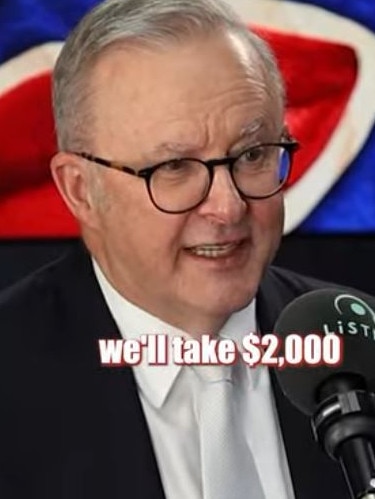
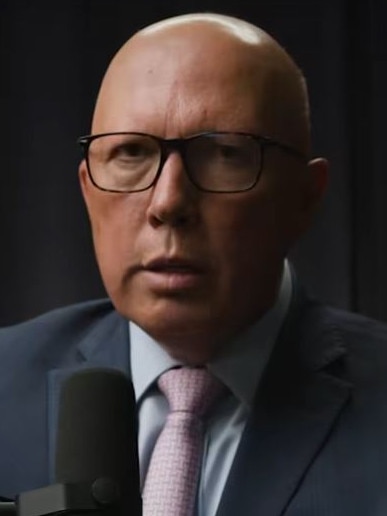
The part of the interview that garnered the most attention was his defence of young men, claiming they are fed up with being painted as “ogres” and are feeling “disenfranchised and ostracised” as a result.
“They’re saying, ‘Well, hang on, I have nothing but respect for women, and I would never treat my female friends differently than my male friends. But I’m being told that I’m some sort of ogre, or I have some belief structure which is true to that, which … (is) what I hold in my heart’,” Mr Dutton said.
“They’re pushing back and saying, ‘Well, why am I being overlooked at work for a job, you know, three jobs running when I’ve got, you know, a partner at home, and she’s decided to stay at home with three young kids, and I want a promotion at work so that I can help pay the bills at home,’ and so I think all of that has morphed.”
‘Power brokers or wild cards’
It is clear younger generations are becoming a dominant voting bloc, however, Dr Chowdhury said it is important not to “fall into the trap” of thinking they are a homogeneous one.
As a whole, Gen Z and Millennials may seem to hold more progressive views than their older counterparts, but there is still a sense of “political unpredictability”, which could see them end up being “power brokers or wild cards” of the next election.
This sentiment was backed by Dr Damon Alexander, senior lecturer of Politics and Public Policy at Swinburne University of Technology.
He said it “isn’t rocket science” to understand that parties like Labor and the Greens typically do a lot better among young voters, compared to the Liberal Party and Nationals.
However, he noted that there have been signs of slight conservative shift happening within the group.
“That’s certainly been the case in other jurisdictions around the world, and I’d be surprised if we don’t see the same sort of thing in Australia, to an extent,” Dr Alexander said.
“But the Conservatives are coming from a long way back in terms of sort of how young people vote in Australia, or have done over the last couple of decades.”
When it comes to this shift, there is also a clear gender divide appearing within the group.
Dr Chowdhury noted that young men, particularly between the ages of 18 and 34, are showing an increased preference towards Opposition Leader Peter Dutton compared to women in this same age range.
She said this difference in opinion can be the result of a series of factors, including economic standing, education, whether they are from inner-city or remote areas, or whether they work a blue collar or white collar job.
These factors can push people toward what Dr Chowdhury labelled “anti-government rhetorics” and small pockets of “online battlegrounds where younger voters are relating to authoritarian and anti-feminist messaging where we’re seeing a starker rift between men and women”.
Leaders warned against discounting young voters
With Gen Z and Millennials now making up almost half of voters, it may seem like a no-brainer that the leaders of the major parties would adapt their campaigns to better connect with a younger audience.
However, not everyone is convinced this will be the case in the upcoming election.
We know that young people consume their news very differently from Baby Boomers and Generation X, preferring to get their information from social media and online platforms, rather than mainstream news outlets or commercial television.
Dr Mark Chou, Associate Professor of Public Policy at the Australian National University (ANU), pointed out that, if Mr Albanese and Mr Dutton want to truly engage young voters, they need to take their campaigns online.
“Unfortunately, this is something that neither Anthony Albanese nor Peter Dutton do particularly well; and politicians in parties like the Greens do better,” he told news.com.au.
“But even if the PM or Opposition leader were to switch their tactics, they’d need to be genuine about it.
“Young people know when political leaders aren’t being genuine - particularly because there are now younger politicians like Jordon Steele-John and Georgie Purcell who use social media as their main platform to communicate with their constituencies.”
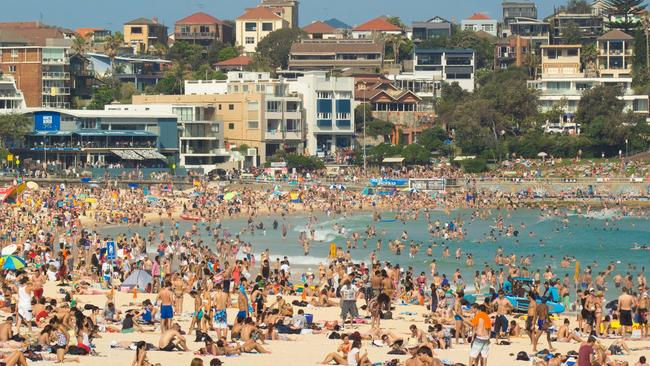
Politicians increasing their online presence also doesn’t come without risk.
Dr Alexander said there is a chance that pushing out too much content in these online spaces favoured by young people could end up backfiring and causing them to disengage.
“Those sort of platforms are getting flooded more and more as well, and I think we’ll probably get to a point where young people start to turn off because of the sheer volume of stuff that gets thrown at them,” he said.
Young voters more engaged, but still sceptical
Since 2016 the national youth enrolment rate has increased by almost 10 per cent, currently sitting at 89.7 per cent for the December 2024 quarter, up from 81.3 per cent in March 2016.
Recent significant political issues, such as the same-sex marriage referendum in 2017 and the Indigenous Voice to Parliament vote in 2023, have likely contributed to the surge in young voters over the years.
Dr Chou pointed out that young people are ow “acutely aware that their vote counts”. Because of this, they want to have a say in the issues that matter to them, such as the housing and rental crisis, the cost of living, and climate change.
“I think young people are now becoming more conscious of the need to make their voices heard. This is only a good thing,” he said.
“The question is whether our political leaders will respond genuinely by seeking out young people and representing what matters to them and their futures.”
However, just because more young people are engaging with politics, it doesn’t mean our political leaders have earned their trust.
A study from Think Forward conducted last year found that 97 per cent of young Australians believe the country’s political leaders are self-interested, shortsighted, and corrupted by donors and special interest groups.
The overwhelming majority of Gen Z and Millennials surveyed have minimal confidence in the ability of governments to craft long-term and meaningful policies to respond to the most crucial problems facing their age cohort.
Most view political leaders to be inherently selfish and share the belief that their efforts appear to be centred on winning re-election – not what the country needs to be its best in the future.
More Coverage
Originally published as ‘Massive shift’: The Australians who will decide the 2025 federal election




